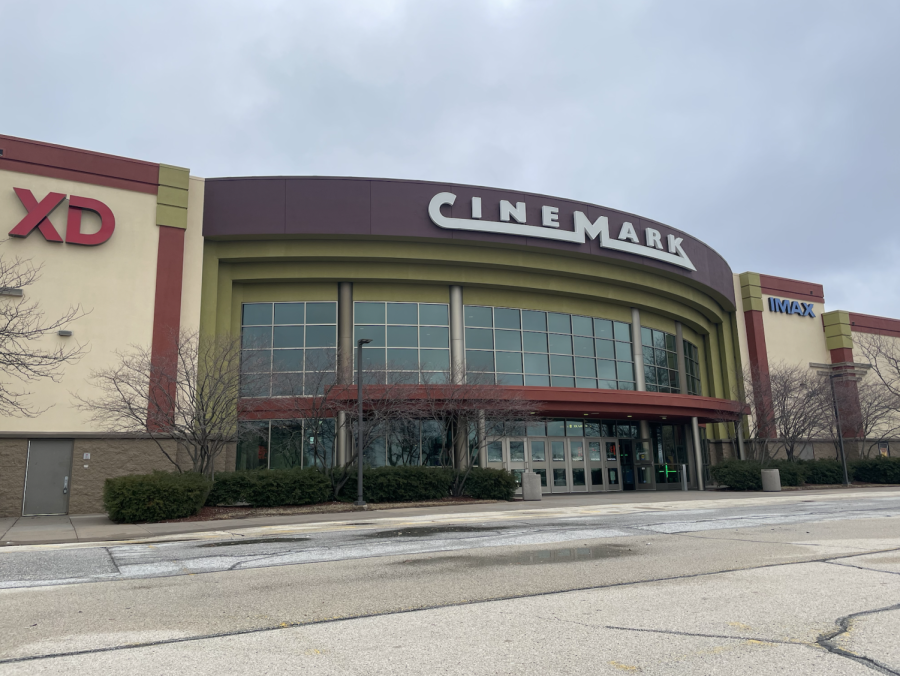The 2023 Oscar nominations were announced on Jan. 24, featuring many fan favorite films including “Everything Everywhere All at Once”, “Avatar: The Way of Water” and “Top Gun: Maverick.” However, among this list were also many lesser known films that even avid movie-goers had likely not heard of — smaller productions like “Tár”, “Triangle of Sadness” and “Aftersun.”
As the Academy’s list of best films grows more foreign to the public year after year, many are left wondering why their local theaters do not feature these particular movies, which are all well-received by the Academy and regarded as the best films of the year.
Senior Pranav Suresh attributed the disconnect between movies that play in theaters and Oscar nominees to the increasing number of smaller, independent productions that many people don’t have access to. “I think one thing is now it’s been easier and easier to make films. There’s mainstream films that have big budgets and there’s smaller independent productions like A24,” he continued. “Another part is that a lot of people think there’s a dissonance between mainstream media and quality, really good films such as Tár that aren’t very accessible.”
During the pandemic, An important change in one of the Academy’s longest standing requirements changed the way movies are nominated for the Oscars in the first place. Due to most of the nation’s theaters being shut down, the Academy of Motion Picture Arts and Sciences announced that they would no longer require films to premiere in theaters to qualify for an Academy award.
The years 2020 and 2021 saw films like “Coda,” which premiered on AppleTV and “The Power of the Dog,” which premiered on Netflix to be eligible for awards.
But as the vast majority of theaters reopen and the Oscars have returned to normalcy after two cycles of modified requirements, the Academy has restored its previous rule for the 95th annual Academy Awards: a feature film must have a qualifying theatrical release date between Jan. 1, 2022 and Dec. 31, 2022.
However, films don’t necessarily have to be released nationwide. Screenings in major metropolitan cities like Los Angeles, New York, the Bay Area or Atlanta suffice for a movie to qualify, leaving the rest of the country in the dark.
The Oscars have become so elitist and exclusionary because of the exorbitant cost of theatrical releases. Movie showings, even on a small-scale, can cost theaters large sums of money, with no promise of box-office returns.
Additionally, the tension between traditional movie theaters and streaming services has intensified over the years, especially since streaming platforms like Netflix now create and monetize award-winning films. This means that the company isn’t concerned about making a fortune at theaters’ box offices, for any earnings would just be an added bonus — nice, but not at all necessary.
This is why there has been a noticeable shift in the types of films local theaters choose to show: blockbuster films from franchises like Marvel, Pixar and Disney that are guaranteed to be successful. This list sometimes includes prestige pictures such as the 2022 drama “The Fabelmans,” directed by renowned director Steven Spielberg, which was one of the Oscar nominees that showed in local theaters.
Senior Alexa Mueller prefers watching movies at the local Cinemark theater but has noticed the absence of smaller independent films. “I never feel like independent films are given a fighting chance in theaters and that just widens the divide between larger franchises like Disney and smaller independent artists. This divide is glaringly evident through the Oscars, where smaller independent artists are actually given proper recognition,” Mueller said.
As more and more Oscar films are dropping from theaters, it is no surprise that audiences have responded by shifting to digital services. In 2022, pirating films increased by nearly 22% from the previous year and is only expected to rise in response to the increasing subscription costs of streaming services.
Although piracy makes films more accessible, they severely impact the revenues and livelihoods of those involved in the movie-making industry, particularly smaller, independent creators. Not to mention, piracy is still very illegal.
The movie theater industry is at a crossroads and there are many factors at play — the independent creators looking to tell new stories, the audiences that consume the films and the platforms that are the only medium through which they are available to the public in the first place.
As movie theaters continue to prioritize profits over equal recognition, the Oscars will only continue to grow more elitist and the best films will only grow more disconnected from the general public.









